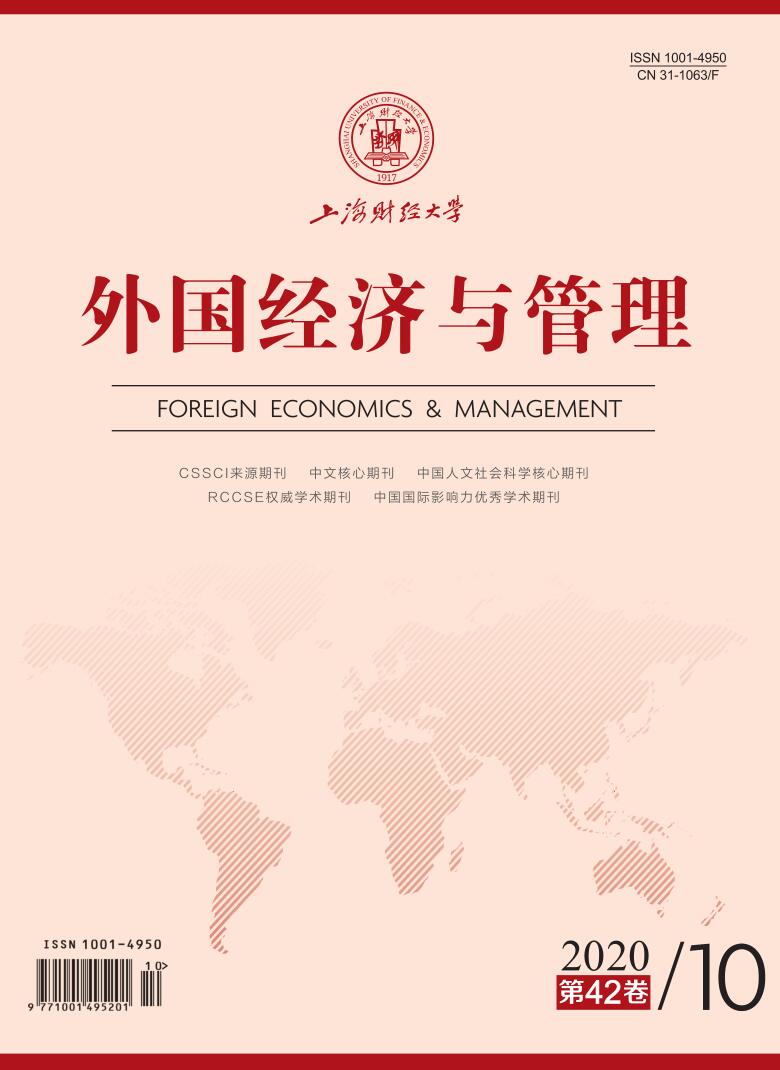Overqualification refers to the psychological phenomenon that individuals perceive themselves has higher education level, knowledge, experience and skills than the job requirements, which has become a common phenomenon in many national organizations. Some studies have shown that individuals who are overqualified often show negative and perfunctory work disengagement behaviors such as actively reducing work engagement. However, when discussing the relationship between the two concepts, the existing literature tends to directly based on the relative exploitation theory and the equity theory, emphasizing more on the comparison between the employees with overqualification and others, while ignoring the internal self-determination needs of such individuals. Therefore, from the perspective of self-determination theory, based on a two-stage moderated mediating model, this paper discusses the paths and conditions of the influence of overqualification on work disengagement behaviors, and emphasizes the internal basic demand factors of employees for the first time, which are of great value in interpreting the influence of overqualification on work disengagement behaviors.
443 samples of employees from Wuhan, Changsha and other places show that there is a positive correlation between employees’ overqualification and work disengagement behaviors, and work meaning plays a part of mediating role; The autonomy orientation of employees not only moderates the negative impact of overqualification on work meaning, but also moderates the negative impact of work meaning on work disengagement behaviors; Through the positive indirect influence of work meaning on work disengagement behaviors, employees’ overqualification is not only affected by the autonomy orientation on the moderated relationship of overqualification and work meaning, but also affected by the autonomy orientation on the moderated relationship of work meaning and work disengagement behaviors, that is, compared with individuals with low autonomy orientation, the higher the autonomy orientation of employees, the stronger the positive indirect influence relationship.
This paper has the following theoretical value: (1) Through the research model of influence effect of overqualification, it not only enriches the existing literature of self-determination theory, but also expands the related theoretical research of overqualification; (2) From the perspective of work meaning, it explains the influence mechanism of overqualification on work disengagement behaviors, which not only provides new ideas for the future research of overqualification, but also promotes the research of work meaning; (3) By integrating the autonomy orientation into the systematic research of overqualification, it reveals the boundary conditions of overqualification affecting disengagement behaviors, which can further explain the relationship between overqualification and inaction. The practical management implications mainly include: (1) Pay attention to the working status of employees with overqualification actively; (2) Take a variety of measures to enhance the sense of work meaning of employees; (3) Motivate and manage employees with different levels of autonomy orientation.






 7269
7269  8996
8996

